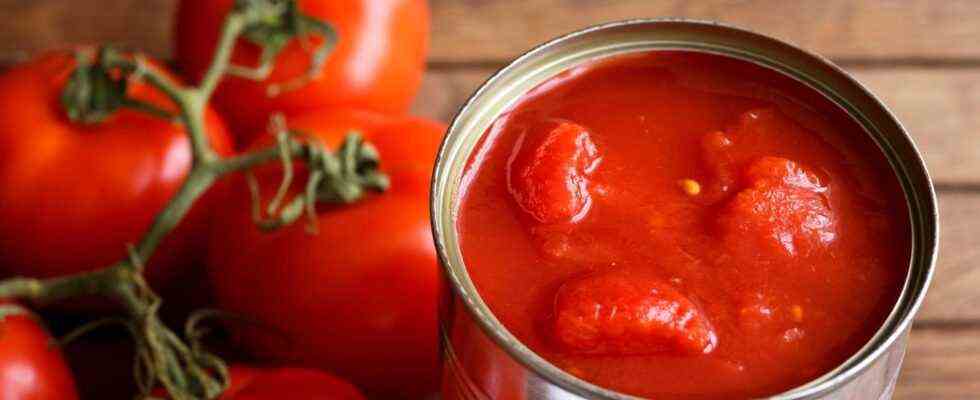The rough rule of thumb is: the more processed a food, the more additives and flavorings it usually contains. Of course there are exceptions, but it’s worth keeping this rule in mind. So you develop a healthy skepticism and prefer to look twice at the ingredients of a bag of soup when talking about freshly harvested vegetables.
Finished products save a lot of time. However, what suffers from this is often quality and taste. Therefore, nothing comes from fresh products. It depends, however. If, for example, it’s not tomato season, why not grab canned tomatoes that have been sun-ripened and boiled down? In this case, you can definitely use canned tomatoes. But there are differences here too. That is when the canned tomato becomes an industrial product, picked unripe, sloppily peeled by the machine and carelessly packed. With the different varieties on the market, you soon get the hang of which ones taste really good and which are just plain bland.
Cans and frozen foods, yes, but …
The great advantage of canned products is their almost endless shelf life. Vitamins often fall by the wayside when it comes to preservation. This is why canned fruit is not recommended, but tomatoes and legumes such as beans or chickpeas are.
There is also a large selection of frozen vegetables and fruit. In terms of vitamin content, they are often superior to fresh produce, because they are flash frozen immediately after harvest. Because of the cold, the color and taste are often well preserved so that no additives are required. However, the same applies here: Take a look at the list of ingredients.
You can find out which products you don’t necessarily have to buy fresh in the following series of pictures.

